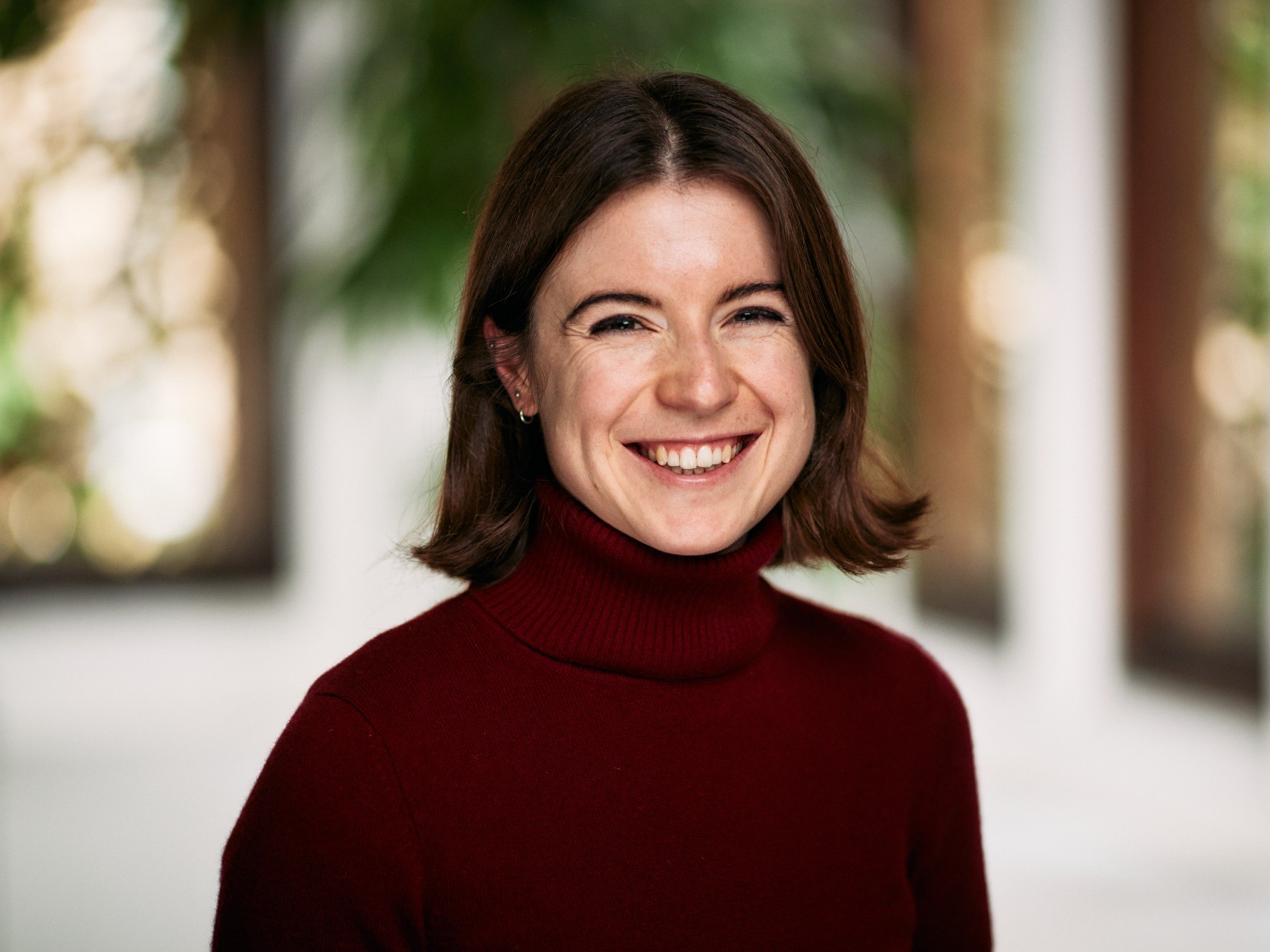 Pia Andres
Pia Andres
What are you currently researching?
My thesis deals with international trade and competitiveness in clean and dirty technology and the implications of broader technological and geopolitical developments for the low carbon transition.
Why did you choose this area of study?
Much of the challenge of fighting climate change without dramatically reducing material living standards comes down to a technological transition.
This transition will create winners and losers – if you make solar panels, you stand to win. If you drill for oil, you have a lot to lose. The transition is set to transform the economic and geopolitical landscape, and that’s very exciting – I am interested in the implications of nations competing in this space, and how to make the transition more just.
How will your research improve or have a wider impact on society?
I can only hope that decision-makers in the areas of energy and trade policy might find some of my research relevant.
One of the most useful outputs I have produced, I think, is the Green Transition Navigator – this is an open access data visualisation tool I developed together with my co-author Penny Mealy, based on Penny’s prior research. It allows users to visualise the green competitiveness trajectories of countries around the world, and where each country’s opportunities in the green economy might lie.
What have been the highlighs of your research work so far?
During my fourth year I had the opportunity to visit two other institutions – Columbia University in New York and the University of Oslo – and experience the academic, social, and cultural environment there. This was really exciting, especially after the pandemic had made travelling to conferences and the like impossible for much of my PhD.
What has been the biggest challenge so far?
I think I faced my biggest challenges early on in my PhD. It was a very sudden transition from being a taught student, and I really struggled to motivate myself and manage my own time. During my second year I took advantage of the coaching sessions the PhD Academy offered, and that was a real game changer for me. I would highly recommend it to all new PhD students. Overall, I have found the PhD to be a very challenging and transformative experience in ways which I did not expect at all.
What advice would you give to prospective students on the most effective way to approach research and keep stress levels down?
On a day-to-day basis I find it helpful to think about research as a job, rather than a “calling”. As with any other job, there will be parts you like and parts you don’t like, and you need to get on with both. It’s okay not to love it sometimes, but you still need to show up. On the other hand, it’s important to take time off (weekends, holidays) – even when you do love it – and remember your research isn’t the only or even the main thing that defines you as a person. Maintain other interests, and if you can, nurture friendships outside your research community. Balance is everything.
Also, remember the purpose of the PhD is to learn how to be a researcher. It’s easy to feel overwhelmed at the beginning because suddenly your daily job is to do research and depending on your background you may or may not have much of an idea how to actually do that. Always keep in mind that if you already knew everything you wouldn’t need to be doing a PhD in the first place.
In a few words, what is the best thing about studying at LSE?
My department is full of lovely, supportive people doing interesting research. And LSE is well-resourced, well-connected, and highly regarded. Whatever your views on elite universities, this opens doors wherever you go next. Also, London is an amazing city – make sure to take advantage of its cultural offerings!